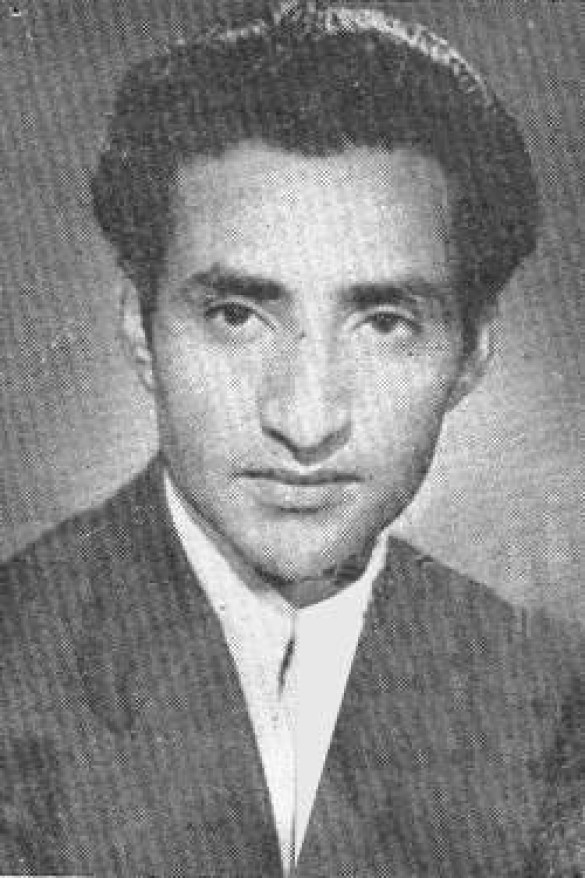
A lovely voice captured the hearts of millions during the heyday of Indian film with its entrancing tunes and emotional performances. That voice belongs to the great playback singer Ghulam Mustafa Durrani, well known by his stage as G.M. Durrani, whose contributions to the music industry are still felt today. Let's explore this renowned singer's life and musical development.
Childhood and Early Musical Aspirations
On March 3, 1919, in Balochistan, British India (now Pakistan), G.M. Durrani was born. He began his study in classical and semi-classical singing at an early age and showed a tremendous interest for music. Even as a young lad, his deep baritone and perfect vocal control were obvious, gaining him respect in his hometown.
Access to Indian cinema
Early in the 1940s, G.M. Durrani traveled to Bombay (now Mumbai), the center of Indian cinema, as part of his musical trip. With his unusual voice and varied singing style, he quickly attracted the attention of music directors. With the release of the movie "Shama" in 1943, he made his playback singing debut, and from that point on, there was no turning back.
Gaining Success
Playback singing became increasingly popular thanks to G.M. Durrani's velvet voice and talent for bringing emotions to his performances. His partnerships with illustrious music producers like Naushad, C. Ramchandra, and Ghulam Haider produced a number of chart-topping tunes.
Music lovers will always remember G.M. Durrani for songs like "Ye Raat Bheegi Bheegi" from "Chori Chori" (1956) and "Mera Salam Le Ja" from "Babul" (1950), which have become timeless masterpieces.
Multifaceted Singing
His adaptability was one of G.M. Durrani's distinguishing qualities. He seamlessly transitioned between styles, leaving listeners with a lasting impression with his soulful ghazals and foot-tapping qawwalis. He became a sought-after playback singer in the industry due to his aptitude at adjusting to the many music directors' unique styles.
Influence and Legacies
The impact of G.M. Durrani on Indian music is immense. He helped make playback singing popular in Indian film and set the stage for the subsequent generation of playback singers. Some of the most enduring songs in Indian cinema are the product of his partnerships with prominent actresses of the time, such as Suraiya and Nargis.
G.M. Durrani's distinctive voice and iconic performances made him a special favorite among music fans, despite the fact that he was not as prolific as some of his contemporaries. His melodies are still treasured and honored even now, many years after his departure in 1974.
Volleyball: A Universal Language of Unity and Friendship in the Olympics
The Village of Twins - Kodinhi: Unraveling Kerala's Twin Birth Mystery
The Silent Spectators of Mars: A Detailed Study of Phobos and Deimos